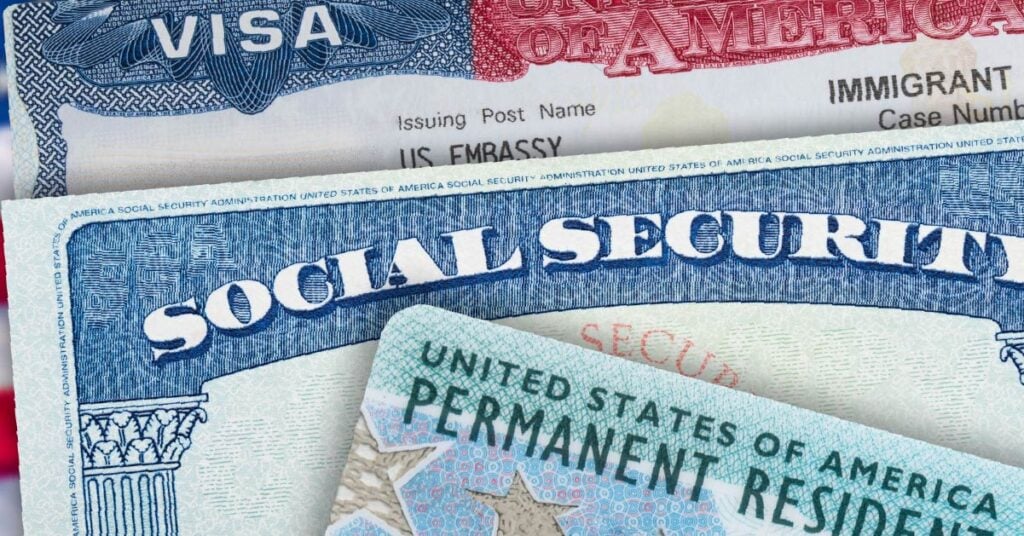A newly updated ITEP report released today provides data that helps dispute the erroneous idea espoused during President Trump’s address to Congress that undocumented immigrants aren’t paying their fair share. In fact, like all others living and working in the United States, undocumented immigrants are taxpayers. They collectively contribute an estimated $11.74 billion to state and local coffers each year via a combination of sales and excise, personal income, and property taxes, according to Undocumented Immigrants’ State and Local Tax Contributions.
As working Americans look to policymakers to address a rigged system in which wages for ordinary working people have stagnated while corporate profits and executive compensation have soared, some politicians have found an easy scapegoat in undocumented immigrants. Erroneously blaming them for stagnating wages and the growing chasm between the rich and poor detracts from the real problem: too many of our elected officials are responsible for tax and other public policies that favor special interests and corporations. Mass deportation won’t fix a rigged economic system.
Undocumented immigrants pay taxes. On average, the nation’s estimated 11 million undocumented immigrants pay 8 percent of their incomes in state and local taxes every year. In contrast, the richest 1 percent of taxpayers pay only 5.4 percent on average. Even though they pay a tax rate on par with many middle class citizens, undocumented immigrants are ineligible for many of the services that revenue supports.
Just as the horrendous impact of breaking up families under a mass deportation policy should not be ignored, nor should policymakers overlook the significant contributions undocumented immigrants make to our state and local revenues and the economy. It is overly simplistic and wrong to assume every job occupied by an undocumented worker would be readily taken by an American worker. This thinking ignores the reality of our workforce and broader economy. In addition to the disastrous nationwide business and economic impacts of a mass deportation policy, there would also be a tremendous shock to many state and local budgets without the tax contributions of undocumented immigrants.
Most state and local taxes are collected from people regardless of citizenship status. Undocumented immigrants, like everyone else, pay sales and excise taxes when they purchase goods and services. They pay property taxes directly on their homes or indirectly as renters. And many undocumented immigrants also pay state income taxes.
ITEP’s data on undocumented immigrants’ tax contributions provides critical context at a time when the president is pushing policies and using language that unjustly demonizes our neighbors without legal status. This harmful ideology is reminiscent of other shameful examples of othering in American history. The U.S. has a record of targeting already vulnerable populations in times of crisis (Japanese internment camps during WWII and profiling Muslims post-911) and using malicious stereotypes (e.g. welfare queens and super predators) to unjustly scapegoat and marginalize communities of color.
Public policy—not people—by deliberate design has stacked the deck in favor of the elite and corporations. Castigating undocumented immigrants for our nation’s economic struggles plays into xenophobic and hateful ideology, and it won’t fix our rigged system. Public opinion polling shows that most of us know this and favor a path to citizenship for undocumented immigrants.
ITEP’s new report focuses on state and local taxes, but its findings mirror those at the federal level. Many undocumented immigrants pay federal payroll and income taxes as well as excise taxes on items such as fuel. A study from the Social Security Administration showed undocumented immigrants contributed $12 billion to the social security trust fund—and only drew down $1 billion from the fund. Full immigration reform at the federal level would decrease the deficit and generate more than $450 billion in additional federal revenue over the next decade, according to a 2010 report from the non-partisan Congressional Budget Office.
Immigrants without legal status contribute and help our communities thrive. When it comes to contributing their fair share to state and local revenues, they get the job done.
To view the full report or to find state-specific data, go to www.itep.org/immigration/.





